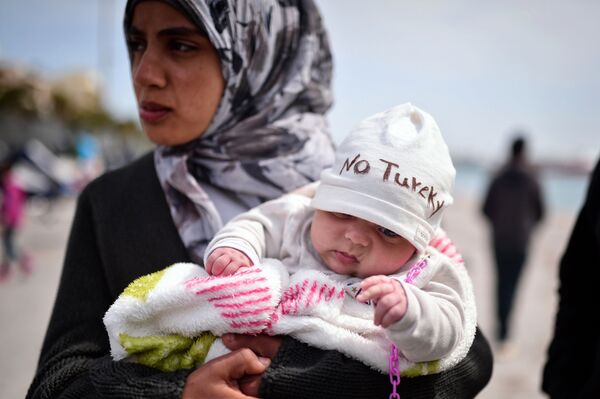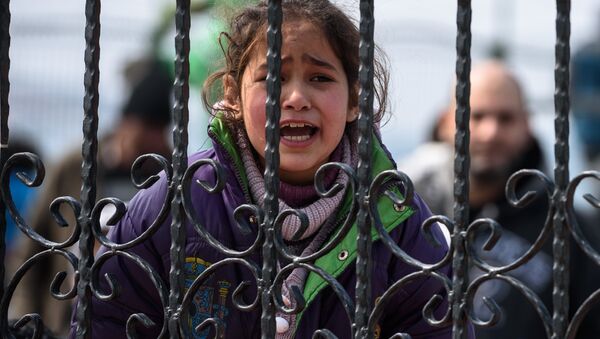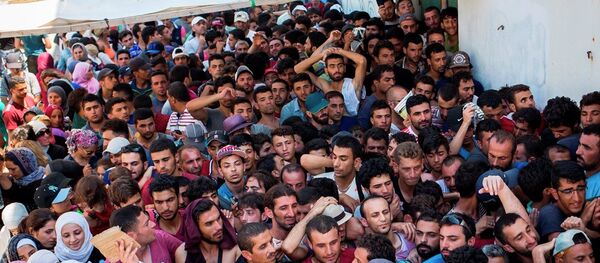The report, compiled by Ambassador Tomas Bocek, Special Representative of the CoE Secretary General on migration and refugees, found that the number of refugees and asylum seekers in Turkey has created a huge burden in terms of accommodation.
Let’s ensure that the #refugeechildren & #migrantchildren generation in #Turkey is not lost https://t.co/OVOOeC8CdN pic.twitter.com/CRHmsYoYYp
— Tomáš Boček (@CoESR_migration) August 16, 2016
Although the Turkish authorities have received almost universal praise for their speedy construction of a number of camps in the Syrian border region which offer "decent, albeit basic, living conditions" for residents, only around 290,000, largely Syrian, refugees, of Turkey's total 3.1 million refugees, live in them.
"The Council of Europe should assist the Turkish authorities to develop effective policies to prevent refugee and migrant children working and to encourage their attendance at school", said Bocek.
He also called for the Council of Europe to work with the Turkish authorities to help improve the "precarious living conditions of the millions of refugees outside camps, in particular by making it easier for those of working-age to access the labor market."

Children's Rights
The report says that, of the 2.75 million Syrians registered under temporary protection, more than half are children. It is also reported that Turkey plays host to over 800,000 school-age Syrian children.
"Refugee and asylum-seeking children have a full right to education. But children of irregular migrants do not have any educational opportunities. The European Committee of Social Rights does not consider this to be in conformity with the obligation on States Parties to the European Social Charter to ensure that all children present in their territory have effective access to education, irrespective of their migration status," the report states.
Aside from the camps on the Syrian border, there is one reception center in Yozgat which has a capacity of 100 people and provides free accommodation for the most vulnerable. Although six new reception centers were built with EU funds, capable of accommodating up to 4,500 people, the Turkish authorities subsequently obtained approval temporarily to convert five of them into removal centers to cope with the increasing need for suitable detention facilities.
Only one, in Erzurum with capacity to house up to 750 people, will be used for its original intended purpose, the report says.



